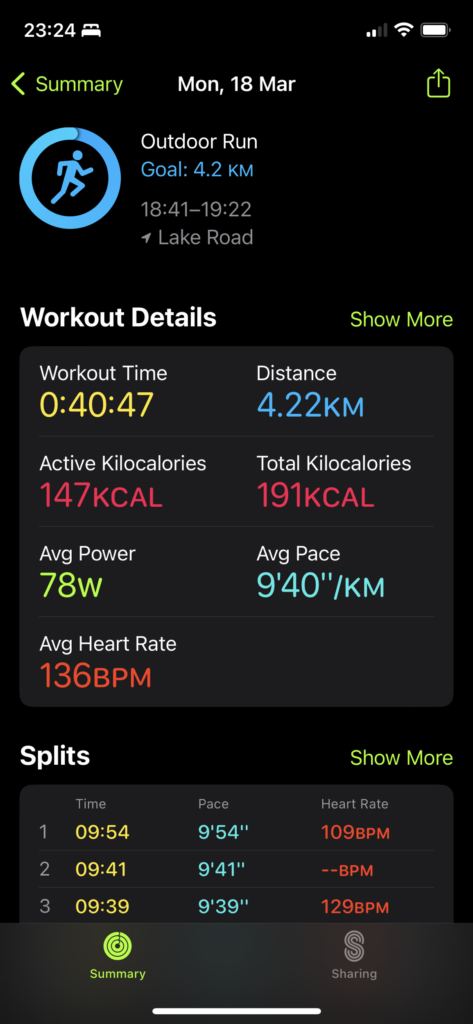Day 03
Journal Entry – March 18, 2024, 11:01 P.M. Kurunegala, Sri Lanka
Today, like any other Monday, I started my day a bit later than usual. Mondays have turned into my errand days. It’s when I take care of things like going to the bank and paying bills. There’s a bit more to it, but I’ll spare you the boring details. This Monday was no different. My first stop was the bank to deposit some money. It’s one of those tasks you just want to tick off your list as soon as possible.
After the bank, I did something I’ve come to enjoy secretly. I went for a coconut milk ice cream. Here’s a little secret between us: I have this treat every Monday. It’s become a sweet little habit of mine. There’s something about starting the week with a coconut milk ice cream that just feels right.
Then, it was time to head to the shop. It was a regular day there, with nothing much to note. However, there’s this one customer who always manages to stand out. To put it nicely, he’s a bit of a handful. There are days when I really have to bite my tongue around him. Despite that, I remind myself of the old saying, “Customer is the King,” and try to keep things smooth.
In the evening, I went for my run around the lake. It’s the third day of my 30-day running challenge. I’m not sure why, but I felt unusually tired today. Maybe it was the heat. The temperature hit 40 Degrees Celsius, which is pretty intense, especially when you’re trying to push yourself physically. Running in such heat is a challenge in itself.
So, that was my day. It was pretty standard for a Monday, filled with the usual errands, a secret ice cream treat, a bit of a challenge at the shop, and my running routine. Despite the heat and the tiredness, it feels good to stick to these little rituals. They make each day uniquely mine, even if it’s just a regular Monday.






